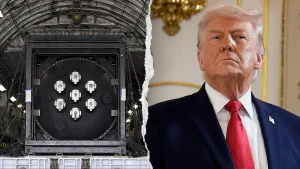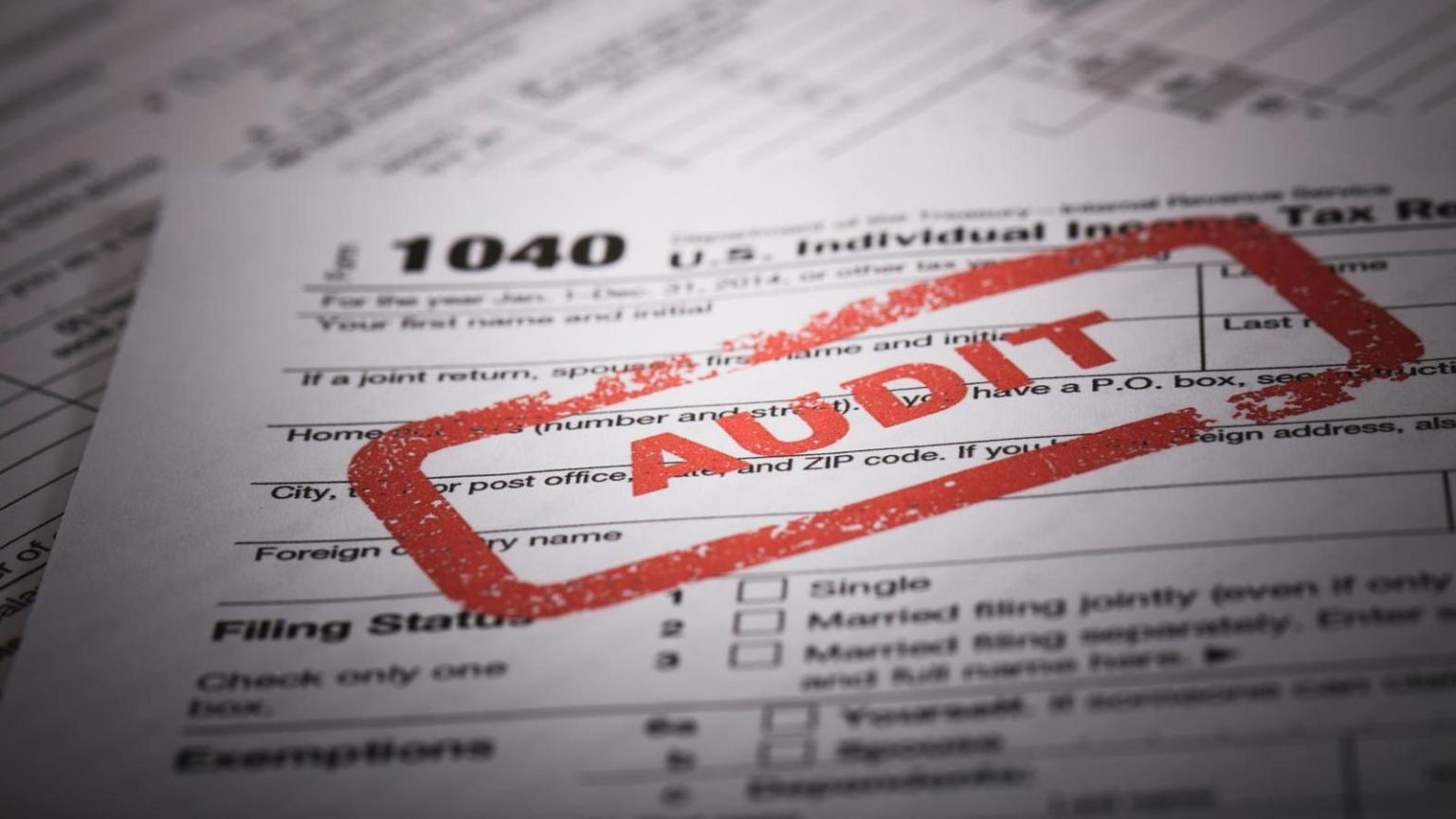IRS Independence Under Scrutiny: Concerns Rise Over Potential Political Interference
The start of tax season often brings anxieties, but for some, these anxieties extend beyond simple calculations and deductions. In an increasingly polarized political landscape, concerns have arisen regarding the potential for political interference in the Internal Revenue Service (IRS), specifically the possibility of audits being weaponized against political opponents or activists. These fears, whispered among non-profit organizations and activists, center on the potential for the IRS to be used as a tool of political retribution, targeting individuals based on their political affiliations or activism rather than legitimate tax concerns.
Historically, the IRS has operated under a cloak of independence, shielded from political pressures by the IRS Restructuring and Reform Act of 1998. This act includes 26 U.S. Code § 7217, which explicitly prohibits the President, Vice President, their staff, and cabinet members (excluding the Attorney General) from directly or indirectly requesting an IRS audit or investigation of any specific taxpayer based on their tax liability. Violators face potential fines and imprisonment. This law was designed to prevent politically motivated audits and safeguard the integrity of the tax system.
Former IRS Commissioner Charles Rettig, appointed by President Trump and serving under both Trump and Biden administrations, asserts that the entire IRS workforce is well-versed in and regularly trained on procedures to identify and prevent potential interference in IRS operations. He highlighted the role of the Treasury Inspector General for Tax Administration (TIGTA), an independent oversight body created to investigate potential misconduct within the IRS, further bolstering the agency’s safeguards against political manipulation. Rettig cited the example of the TIGTA investigation into the audits of former FBI Director James Comey and his deputy Andrew McCabe, which arose after both men were fired by President Trump, demonstrating the agency’s commitment to transparency and accountability.
Rettig emphasized the ingrained culture of impartiality within the IRS, stating that even if political pressure were applied, the loyalty of IRS employees lies with the integrity of the agency, not with political figures. He advised future IRS Commissioners to avoid interaction with the administration and to immediately notify the Inspector General and relevant congressional committees of any indication of impropriety. Danny Werfel, appointed IRS Commissioner by President Biden, echoed Rettig’s sentiments, emphasizing the importance of avoiding involvement in individual taxpayer matters to prevent even the appearance of partisan action.
However, the Supreme Court’s 2024 decision in Trump v. United States, which shields presidents from criminal prosecution for "official acts" committed during their term, has cast a shadow of uncertainty over the IRS’s independence. This ruling has sparked concerns among legal experts and tax specialists about the potential for this broad immunity to be exploited. The fear is that a president could interpret ordering an audit of a political adversary as an "official act," thereby shielding them from criminal prosecution. This interpretation opens a potential loophole for politically motivated audits, undermining the protections established by 26 U.S. Code § 7217.
Ken Hughes, a researcher at the University of Virginia’s Miller Center, who studies presidential power, believes the Trump v. United States decision undermines safeguards against corruption. He argues that the ruling could allow a president to order an audit of a political enemy and claim it as an "official act," thus avoiding legal consequences. George Yin, a former law professor and chief of staff for the Joint Committee on Taxation, expressed even graver concerns. He fears that the ruling could embolden presidents to openly dictate which individuals should or should not be audited, effectively turning the IRS into a tool for political targeting. This interpretation significantly erodes the IRS’s independence and raises concerns about the potential for widespread abuse of power.
The confluence of these factors – rising political polarization, the Supreme Court’s expansive interpretation of presidential immunity, and lingering anxieties surrounding potential IRS misuse – has created a climate of unease. Maintaining public trust in the impartiality and fairness of the tax system is paramount. Safeguarding the IRS’s independence is crucial not only for the proper functioning of the tax system but also for upholding the principles of democracy and ensuring equal application of the law, regardless of political affiliation. The ongoing debate highlights the delicate balance between executive power and the need for independent oversight to prevent the abuse of governmental agencies for political gain. The future of the IRS’s independence and its ability to function free from political interference remains a significant concern, requiring vigilance and ongoing efforts to protect against potential abuse.












